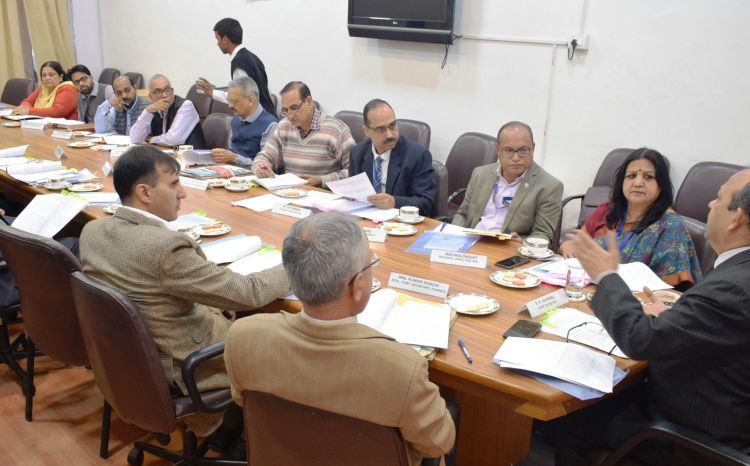New Delhi – In a decisive move, the Reserve Bank of India (RBI) has imposed stringent restrictions on Paytm Payments Bank Ltd (PPBL) after a comprehensive system audit and subsequent compliance validation revealed persistent non-compliance issues.
Under the authority of section 35A of the Banking Regulation Act, 1949, the RBI has prohibited Paytm Payments Bank from accepting deposits or top-ups in any customer account, prepaid instruments, wallets, and FASTags, effective from February 29, 2024. This regulatory intervention comes as a response to the findings of the external auditors’ reports, which highlighted continuous material supervisory concerns and non-compliance issues within the bank.
“The Comprehensive System Audit report and subsequent compliance validation report of the external auditors revealed persistent non-compliances and continued material supervisory concerns in the bank, warranting further supervisory action,” the RBI stated in an official communication.
The directive explicitly prevents Paytm from accepting further deposits, credit transactions, or top-ups in customer accounts, prepaid instruments, wallets, FASTags, NCMC cards, etc., post-February 29. However, allowances have been made for the crediting of interest, cashbacks, or refunds at any time.
Further instructions from the RBI include the immediate termination of nodal accounts belonging to One97 Communications Ltd and Paytm Payments Services Ltd, with a strict deadline set for completion by February 29. Additionally, the settlement of all pipeline transactions and nodal accounts is mandated to conclude by March 15, 2024, with no transactions permitted thereafter.
This development follows the RBI’s directive in March 2022, instructing Paytm Payments Bank to halt the onboarding of new customers. Paytm Payments Bank, associated with One 97 Communications Ltd, which holds a 49% stake in the unit, operates as a payments bank, allowing it to accept small deposits up to 2 lakh rupees. However, these entities are barred from direct lending but can facilitate and sell loan products.
The regulatory actions undertaken by the RBI are within the framework of banking regulations, allowing the regulator to issue directions in the interest of depositors. Paytm has not yet responded to a media for comment, leaving stakeholders and industry observers awaiting insights into the company’s strategy and potential course of action in response to these regulatory measures. As the dust settles on this development, it marks a significant chapter in the evolving landscape of financial services and regulation in India.













